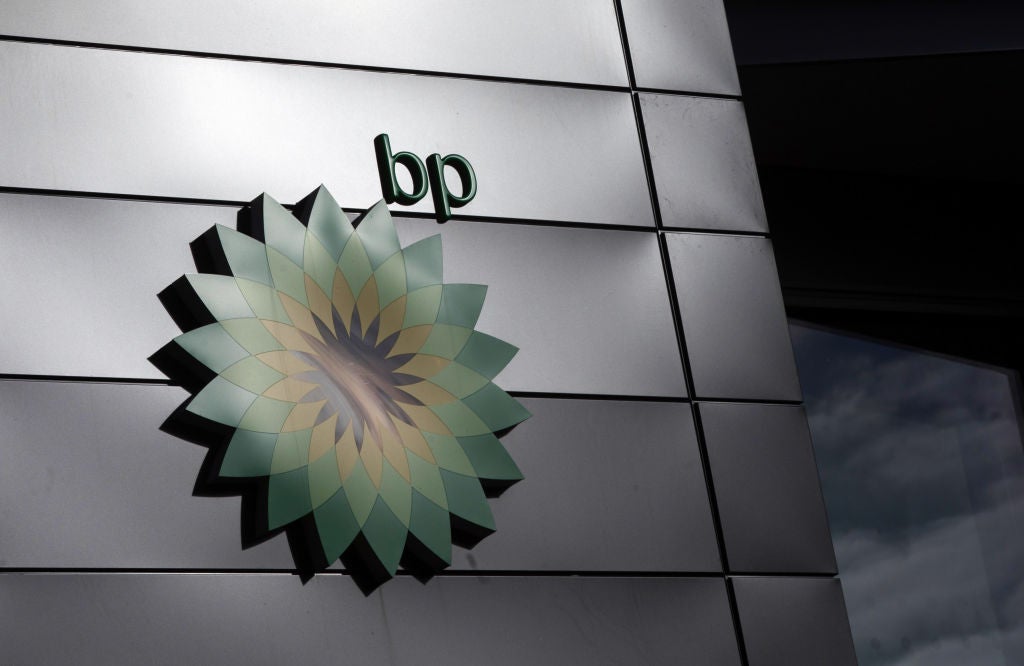
Rising corporate profit margins accounted for 45% of inflation in Europe since the start of 2022, a report released by the International Monetary Fund (IMF) has revealed.
The report provides credibility to criticisms made in certain quarters of ‘greedflation’, or the phenomenon of businesses using the cost of living crisis to generate record profits.
Some economists have argued that corporations have actively accelerated inflation by using supply bottlenecks as a pretence to hike up prices across Europe – and then using that inflation to increase prices even further.
As put by the IMF: “Inflation in the euro area peaked at 10.6% in October 2022 as import costs surged after Russia’s invasion of Ukraine and companies passed on more than this direct increase in costs to consumers. Inflation has since retreated to 6.1% in May, but core inflation – a more reliable measure of underlying price pressures – has proven more persistent.”
Astronomic rises in the profit margins of oil and gas companies, supermarkets, banks, pharmaceutical companies and others during the past couple of years has been subject to intense scrutiny.
Some have said that profiteering accusations are simplistic and merely business bashing, but market monopolisation of these key industries has precipitated record profits, reaching highs not seen since 1950.
In combination with Sainsbury’s, Tesco represents 43% of the UK’s grocery market – and the retailer Tesco reported a 5.3% increase in company sales, reaching £57.6bn in the 2022/23 financial year.
In Germany, Volkswagen, BMW and Daimler boosted margins over the past year by taking advantage of supply bottlenecks coupled with resilient demand.
Amid semiconductor chip shortages, these companies focused on producing larger cars, as well as more electric vehicles. These are more expensive and profitable, as they can be sold to richer, less price-sensitive consumers.
Germany’s ‘Big Three’ automakers have also been able to boost their margins by using component manufacturers to absorb some of their higher costs for raw materials, according to the Financial Times. Volkswagen reported a net profit margin of 8.1%.
Meanwhile, in the energy sector, BP recently announced its annual profits had more than doubled to $27.7bn (£21.76bn), compared with the $12.8bn announced in 2022.
For the typical European citizen, wage increases have not kept up with inflation. This means that the average worker’s pay cheque holds less real purchasing power, despite any increases.
The IMF’s report said: “Now that workers are pushing for pay rises to recoup lost purchasing power, companies may have to accept a smaller profit share if inflation is to remain on track to reach the European Central Bank’s [ECB’s] 2% target in 2025.”
At a banking conference in Portugal, Christine Lagarde, president of the ECB, said workers were expected to recover the value of their pre-pandemic wages over the next two years.
She warned, however, that if companies shifted rises onto consumers through higher prices, inflation would continue for longer than projected – and, crucially, remain above the ECB’s 2% target.



